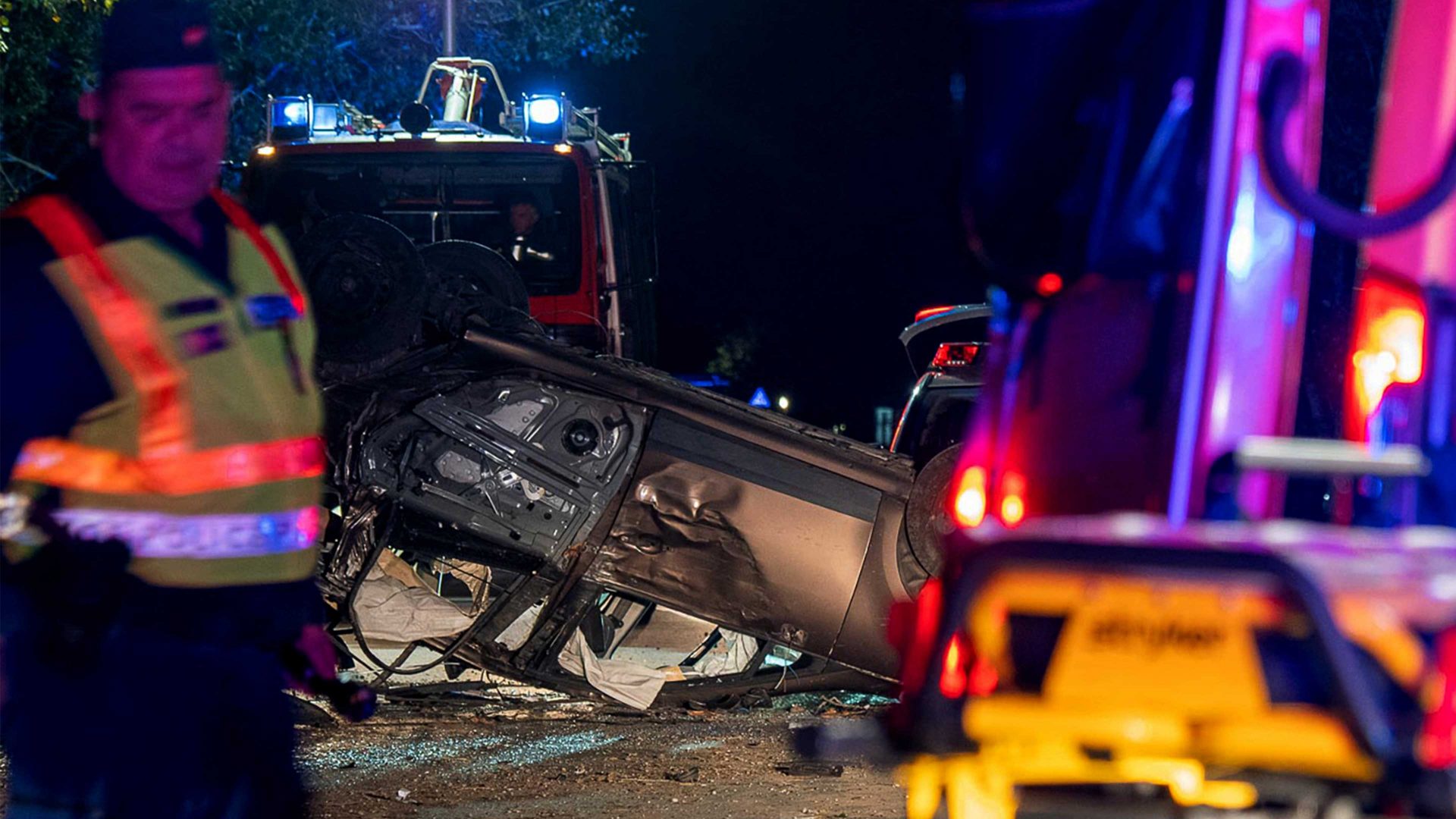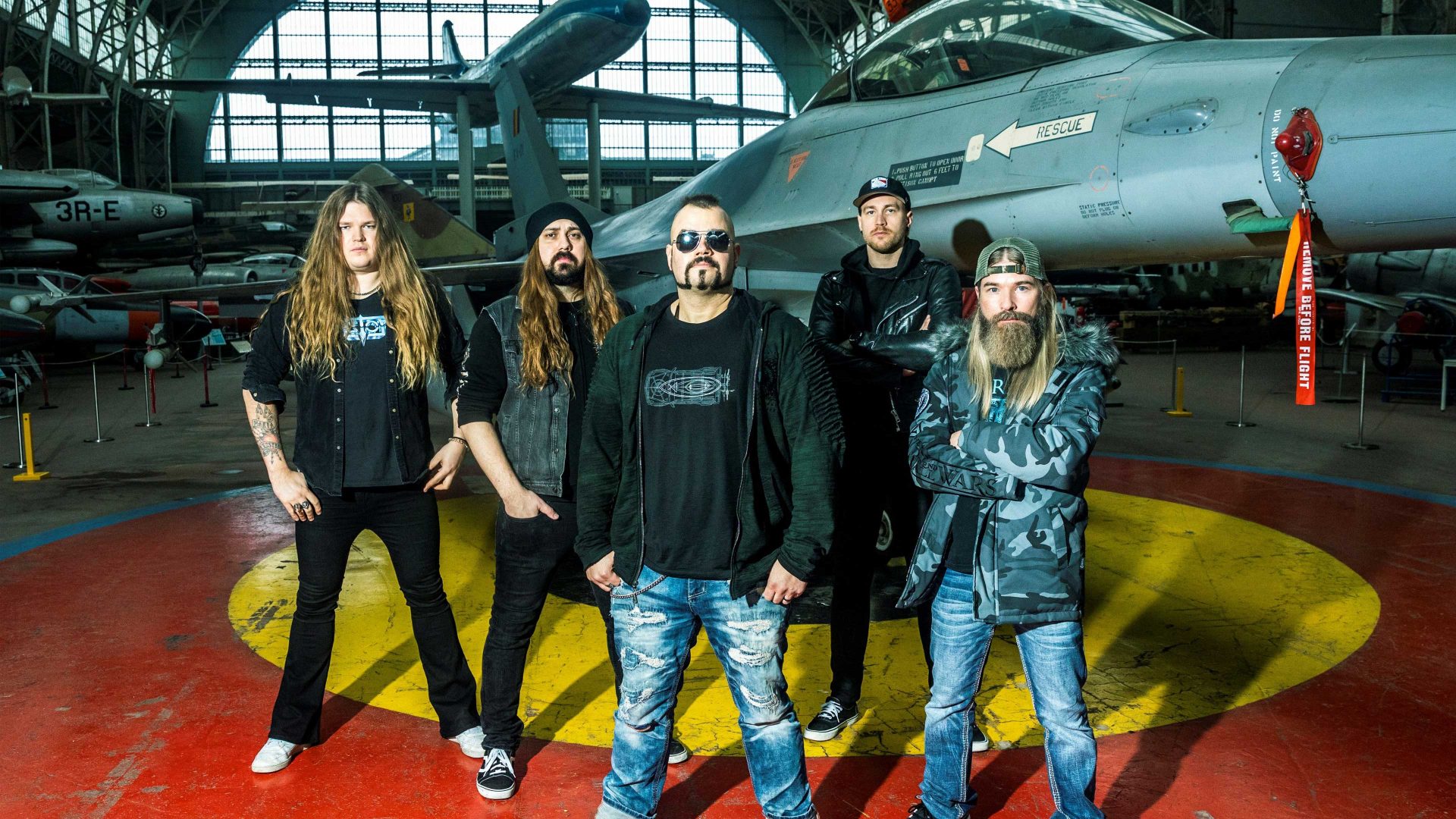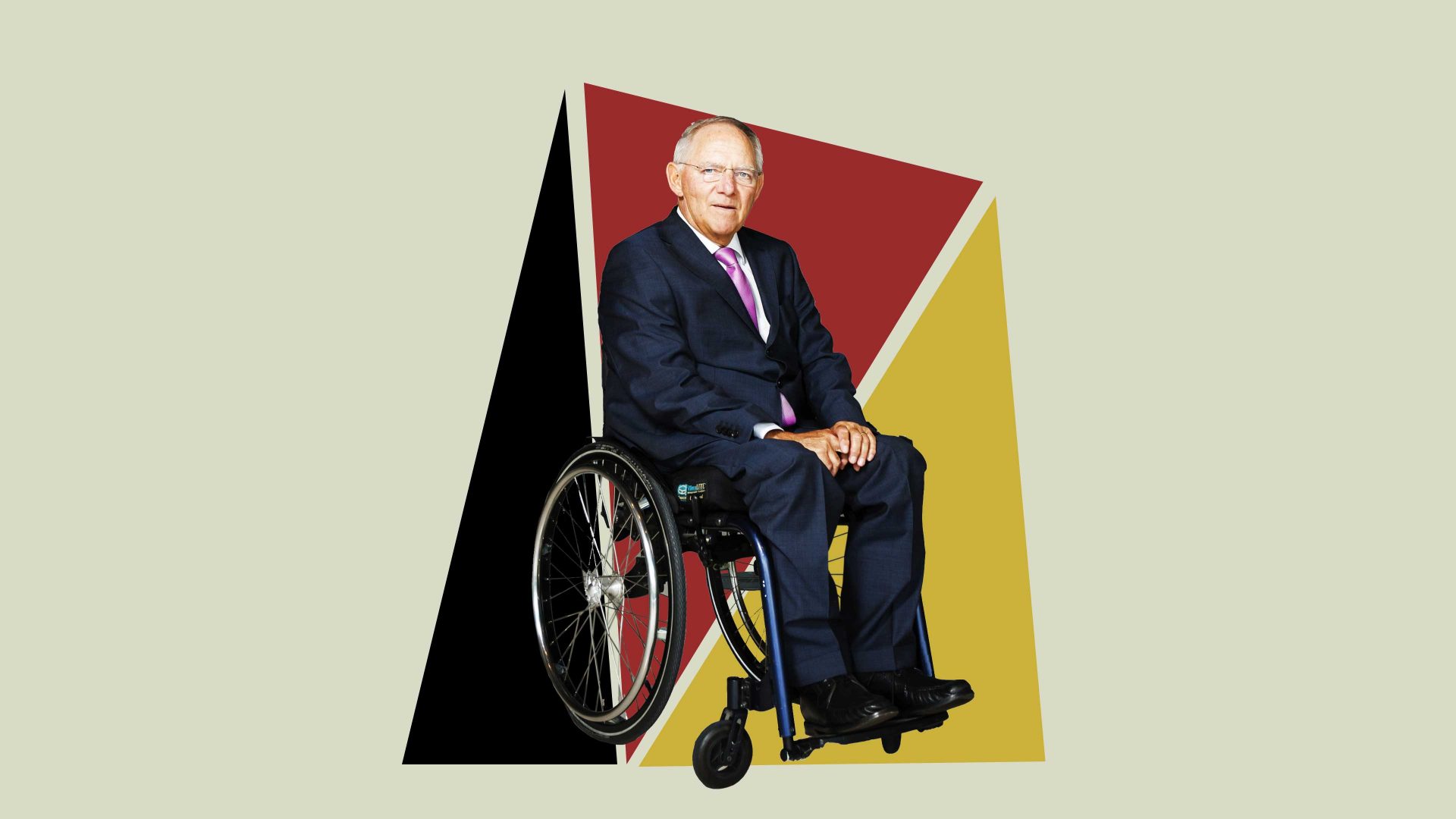Serbia is now a hub for people smugglers, and they have turned the border area with the EU into a war zone.
Sounds of the Kalashnikov are a “new normal” for the inhabitants of the suburbs of Subotica, the northernmost Serbian city, on the border with Hungary.
“It is almost every night,” the local residents told me during my travels to the border, where I was investigating smuggling gangs. They are doing a lucrative trade in transferring refugees and migrants over Serbia’s borders into the European Union.
At first these were Syrian gangs, but more recently they are Afghan and Moroccan, and have become so violent they have been fighting over territory and money for more than a year.
The forested border became a battlefield. In July 2022, a fight between rival Afghan gangs was so fierce it left one person dead and seven wounded, including a 16-year-old girl from Iran. A confrontation between Moroccans and Afghans in the border town of Horgos, where six people were wounded, was another sign that things had got out of hand. Footage showed armed men running past the local elementary school.
There have been dozens of similar incidents. After three people were killed in a battle between Afghan gangs on October 27, Serbian police flooded into the north of the country, deploying the biggest number of police officers since the assassination of the Serbian PM, Zoran Djindjić, in 2003. Serbian president Aleksandar Vučić even threatened to send in the army. But this harsh reaction was for populist reasons. Namely, the general elections that were scheduled for mid-December.
All this could have been prevented a long time ago. As an investigative journalist, I have worked on the topic for almost three years and have warned the public about what’s happening. In 2022 I published an investigation into a Syrian people smuggler whose group bullied refugees into using his services. The catch was that the gang leader was an official interpreter of the Serbian police and Serbian courts. He used his police ties to take down rivals and even planted weapons on them during searches.
The authorities arrested some of his associates, but not him or his police allies. The situation worsened, with armed clashes becoming the norm.
But how come these gangs have so many weapons – and who is supplying them? How come the police and security services do not react?
In September this year I published an investigation revealing that Albanian criminal gangs, mostly from Kosovo, are the main suppliers of Kalashnikovs for Moroccan and Afghan gangs. I backed up the story with videos and photos, internal correspondence of insiders agreeing on delivery points, practically setting out a case for the prosecution before the Serbian authorities.
I even published a shameful photo of smugglers on a police jeep, showing how deep the corruption goes.
With the EU’s border fortification, people smugglers became more and more relevant to the refugees coming through the Balkan route. Between police batons and barbed wire, they choose ruthless armed criminals who often kidnap, torture and exploit them, because they have no choice.
“We’re just looking for a chance to survive. It’s a life and death situation,” one of the Afghan refugees told me in October, describing the police brutality, harsh conditions and the brutal, greedy smuggling gangs.
The EU policy on migration is a complete failure. No one is happy, and no one has a credible solution to the problem of dealing with increasing levels of migration, which are driven by war, hunger, lack of water and climate change.
In the situation at the border with Hungary, the Serbian authorities have played a double role – while allegedly protecting the EU border, they have allowed smugglers to get migrants out of the country as quickly as possible. Many corrupt individuals have filled their pockets with dirty money in the process.
The police are currently making lots of arrests, spending millions of taxpayers’ money on controlling the border area. But unless something fundamentally changes, we will keep on hearing the sounds of the Kalashnikov in the night.



